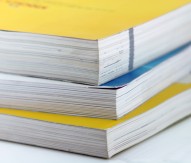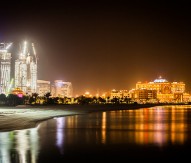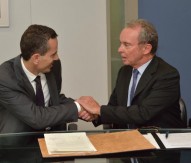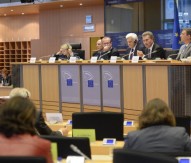
Digital technology links Roman exhibition across Europe
An exciting new exhibition is being launched in four European cities representing key areas of the Roman Empire. The ‘Keys to Rome’ exposition is organised by an EU-funded network of archaeologists, art historians, architects, computer scientists and communication experts and part-funded by FP7.
The exhibition takes places in the Imperial Fora Museum in Rome (Italy), the Allard Pierson Museum in Amsterdam (the Netherlands), City Hall of Sarajevo (Bosnia and Herzegovina) and Bibliotheca Alexandrina in Alexandria (Egypt). Visitors can interact with the Roman collections through a digital itinerary using computer graphics movies, natural interaction installations, multimedia and mobile apps.
Speaking about the project, Sofia Pescarin, co-ordinator of FP7-funded the Virtual Museum Transnational Network (V-MUST.NET), said: “All the technologies developed for this exhibition are the result of a four-year co-operation. Organising the exhibition in four cities at the same time has been a big challenge. It has never been done before. 2014 is the right moment: it marks 2,000 years since the death of Augustus, founder of the Roman Empire.”
The journey is guided by two storytellers, Gaius and Marcus, an old merchant and his nephew, in the century following the end of the Roman Empire (6th century AD). Visitors discover the secrets of their family through objects owned by their ancestors, using the ‘Keys to Rome’ to unlock stories hidden in the items. Visitors find the objects in the museum using a mobile application called Matrix, which also connects objects located in four different museums.
Neelie Kroes, European Commission Vice-President responsible for the Digital Agenda, commented: “New technologies are not only about preserving and sharing our heritage, they are opening up our culture for all. These four museums have understood it and are making the most of digital innovation.”
The V-MUST.NET project received €4.45m of funding under FP7.




